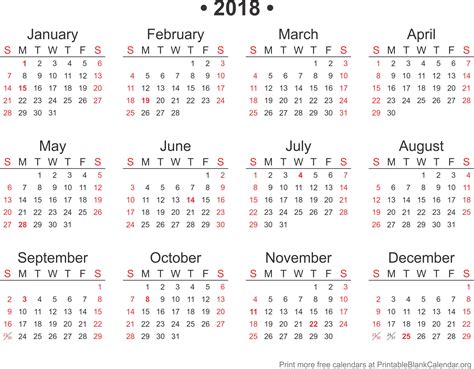What is the recommended age for men to begin discussing prostate cancer screening with their doctor?

Understanding Prostate Cancer Screening Guidelines
Prostate cancer is one of the most common cancers among men, yet the decision to screen for it remains a complex and personal one. Unlike some other cancer screenings, there isn’t a universally agreed-upon age for all men to begin. Instead, major health organizations recommend that men have an informed discussion with their doctor to weigh the potential benefits and risks of screening.
This discussion is not about immediately undergoing tests, but rather about understanding one’s personal risk factors, the nature of prostate cancer, and what screening might entail.

Key Factors Influencing Screening Age
Several factors play a significant role in determining when a man should begin discussing prostate cancer screening. These include:
- Age: General guidelines often start around age 50 for men at average risk.
- Family History: Men with a close relative (father, brother, or son) who had prostate cancer before age 65 are considered at higher risk.
- Ethnicity: African American men have a higher risk of developing prostate cancer and are more likely to develop aggressive forms of the disease.
General Recommendations by Age Group
While the decision is individualized, here’s a general breakdown of when different groups of men are often advised to begin these discussions:
- Age 50: For men who are at average risk of prostate cancer and are expected to live at least 10 more years.
- Age 45: For men at high risk, which includes African American men and those with a first-degree relative (father, brother, or son) diagnosed with prostate cancer before age 65.
- Age 40-45: For men at even higher risk, such as those with several first-degree relatives who had prostate cancer at an early age.
It’s important to remember that these are starting points for a conversation, not mandates for immediate testing. The goal is shared decision-making, where a man and his doctor evaluate his unique situation.

What Does the Discussion Entail?
When you discuss prostate cancer screening with your doctor, you’ll cover several crucial aspects:
- Benefits of Screening: For some men, early detection might lead to treatment that prevents the spread of aggressive cancer.
- Risks of Screening: This includes the possibility of false positives (leading to anxiety and further unnecessary tests), overdiagnosis (finding slow-growing cancers that might never have caused harm), and the potential side effects of treatment (such as incontinence or erectile dysfunction).
- Screening Tests: The primary tests are the Prostate-Specific Antigen (PSA) blood test and the digital rectal exam (DRE). Your doctor will explain what these tests involve and their limitations.
- Personal Values: Your doctor will want to understand your personal preferences regarding health interventions, your tolerance for uncertainty, and your overall health goals.
This dialogue ensures that any decision about screening aligns with your health philosophy and risk tolerance.

Making an Informed Decision
The decision to screen for prostate cancer is rarely straightforward. There are no perfect tests, and the benefits often need to be weighed against significant potential harms. This is why the shared decision-making model is so vital.
Ultimately, the recommended age to begin discussing prostate cancer screening is not a fixed number for every man. It’s a personalized recommendation that emerges from a comprehensive discussion with your healthcare provider, taking into account your individual risk factors, family history, ethnic background, and personal health values. Proactive engagement with your doctor is the best approach to determining the right path for you.










